Search
Remove Ads
Advertisement
Summary 
Loading AI-generated summary based on World History Encyclopedia articles ...
Search Results
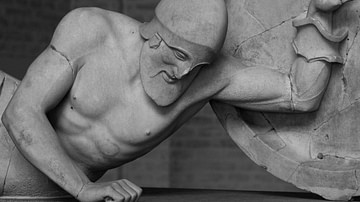
Definition
Ancient Greek Sculpture
The sculpture of ancient Greece from 800 to 300 BCE took inspiration from Egyptian and Near Eastern monumental art, and evolved into a uniquely Greek vision of the art form. Greek artists captured the human form in a way never before seen...

Video
Greek Sculpture - Ancient History Encyclopedia
Greek sculpture from 800 to 300 BCE took early inspiration from Egyptian and Near Eastern monumental art, and over centuries evolved into a uniquely Greek vision of the art form. Greek artists would reach a peak of artistic excellence which...
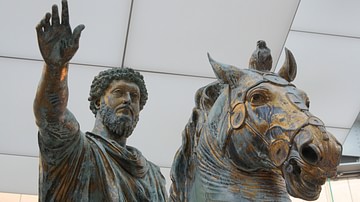
Definition
Roman Sculpture
Roman sculpture blended the idealised perfection of Classical Greek sculpture with a greater aspiration for realism. It also absorbed artistic preferences and styles from the East to create images in stone and bronze which rank among the...

Video
Painted Greek Sculpture
Sheila Hoffman looks at colour in ancient Greek sculpture. Contrary to popular belief, the ancient Greeks actually painted their statues... they were not white! If you like our videos, please support us by becoming a member or donating...
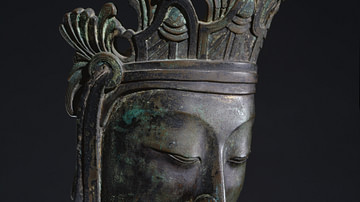
Definition
Ancient Korean Sculpture
The sculpture of ancient Korea was dominated by Buddhist themes such as figurines and monumental statues of the Buddha and his followers, and large bronze bells for temples. Gilded-bronze was the most common material used by Korean sculptors...
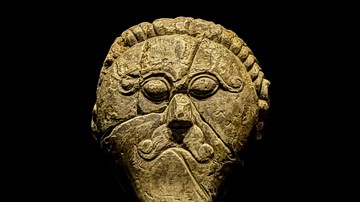
Definition
Ancient Celtic Sculpture
The sculpture of the ancient Celts between 700 BCE and 400 CE is nothing if not varied as artists across Europe developed their own ideas and borrowed what interested them from neighbouring cultures. Early Celtic stone and wood sculptures...
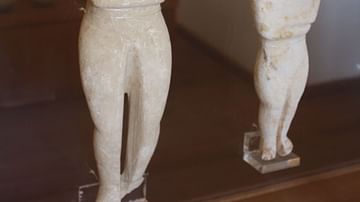
Article
Cycladic Sculpture
The Cycladic islands of the Aegean were first inhabited by voyagers from Asia Minor around 3000 BCE and a certain prosperity was achieved thanks to the wealth of natural resources on the islands such as gold, silver, copper, obsidian and...
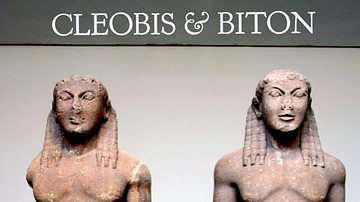
Definition
Cleobis and Biton
Two over-life-size Archaic kouroi (6.5 ft / 2 m) are housed at the Delphi Museum, and date to c. 580 BCE. Their names (Cleobis and Biton) are actually written on their bases, and the sculptor is given as Polymides of Argos: such inscriptions...
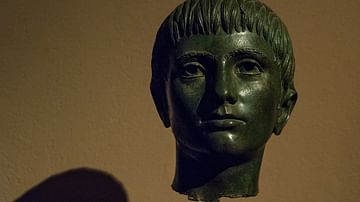
Article
Etruscan Bronze Sculpture
The Etruscans produced bronze goods going back to the Villanovan period (1100-750 BCE) and used the material for all manner of objects, but it is their figure sculptures which have become some of the star attractions in museums worldwide...
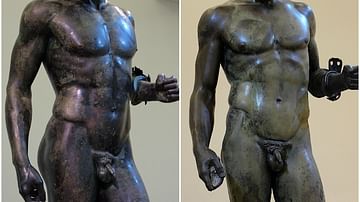
Definition
Riace Bronzes
The Riace Bronzes, also known as the Riace Warriors, are a pair of bronze statues most likely sculpted in Greece in the mid-5th century BCE and rescued from the Ionian Sea near Riace Marina, Italy in 1972 CE. Slightly larger than life-size...